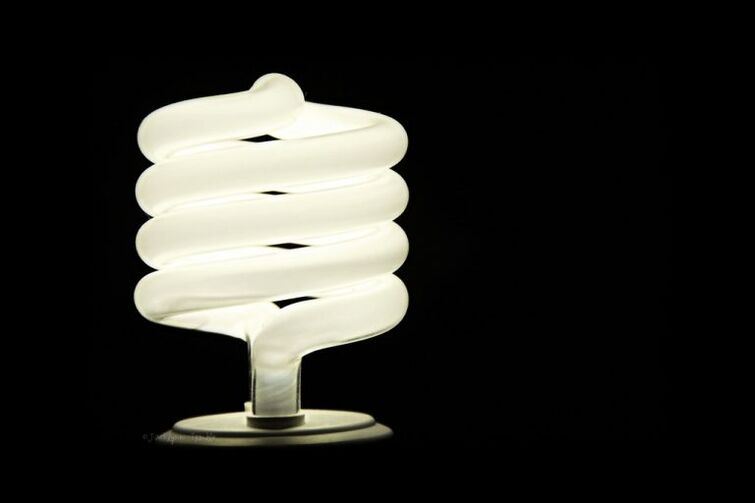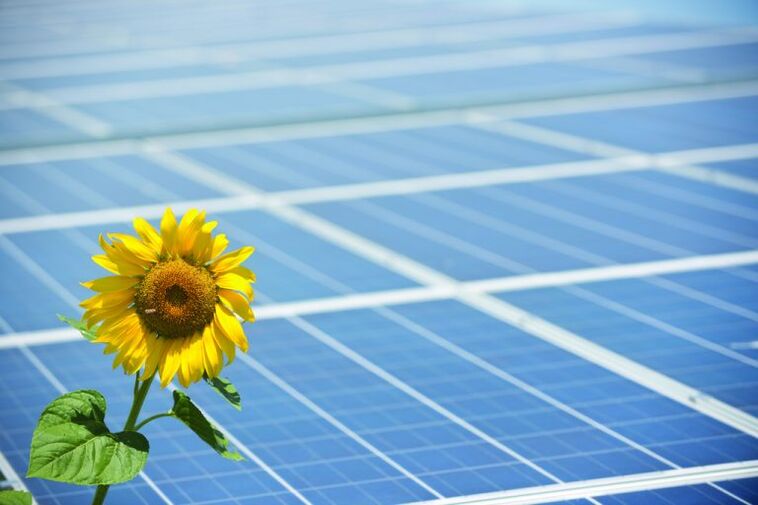
The twenty-first century has given man many inventions and possibilities, new devices and devices that operate mainly from the electrical grid. The homes of any inhabitant of planet Earth today are literally full of a variety of devices that provide light and warmth, help prepare food, wash clothes, preserve perishable food for extended periods of time, and even learn something new and have fun. However, many have already noticed that paying for electricity can cause a big "hole" in the family budget. You may want to figure out how to save electricity in an apartment or private home in order to significantly reduce your monthly expenses and free up funds for other purposes.
The main ways to save energy
Consumers are constantly faced with the question of how to save energy, especially in houses equipped with electric stoves and electric water heaters, especially in the current crisis situation in the country and the world economy. Paying for the energy supply of a private house or even an average home occupies one of the leading places in the family budget for utility expenditures. Regardless of stability or the real financial situation, savings are always relevant, as no one wants to throw money down the drain, and that is a completely right decision. Let’s see how professionals and professionals offer energy savings.
Interesting
Adequate savings on home electricity will significantly reduce utility bills by almost three times, so it’s worth taking this issue seriously. If you think that turning off the lights in your room on time doesn’t greatly affect your overall score, you might just want to do an experiment and find out how much money you’ve lost per month before you start paying attention.
There are three main ways to save electricity, surrounded by the rest, their derivatives.
- The use of new technologies (purchase of household appliances, appliances and other electrical appliances with an increased level of economy), which may require significant financial investments.
- Proper use of mains-operated equipment.
- Electrical theft from the state.
In our article, we will discuss the first two ways to save in more detail, but it is advisable to omit the third immediately, as jokes with the state may end badly and you will receive additional costs for fines and sometimes litigation instead of saving.
Simple ways to save energy at home

Most people can’t even imagine how much power this or that regularly used device consumes in a month, resulting in a lack of understanding of savings. First, when you buy new tools and equipment, you always find out how much energy you are consuming, this indicator indicates what power consumption you assume.
Approximate data for comparison
According to statistics, the main expenditure items are designed using some basic electrical appliances that are available in almost every household.
- Electric stoves can absorb 20-30% of monthly consumption.
- The refrigerator is considered the most serious appliance as it never shuts off, consuming about 30% of the power.
- Light bulbs and other luminaires "shake" 16-19% of the total.
- A modern washing machine takes approx.
- Other household appliances and office equipment, including vacuum cleaners, dishwashers, computers, chargers, etc. , Absorbs 20% of the total electricity bill.
Thus, thanks to the skillful and deliberate use of these tools, you can significantly reduce your expenses from the family budget. Let’s take a closer look at how to honestly and legally save on electricity and save hard-earned money.
Let there be light!
Interestingly, many consumers don’t think at all that a colossal amount of budget resources can be spent on lighting an apartment. It is optimal to buy household light bulbs that only the lazy have not heard of today. The government has even banned the production of traditional incandescent bulbs for ordinary citizens with a capacity of 100 watts or more. It is rumored that the fifty-watt lamps will also soon be outlawed, giving way to "housewives. "But it’s not just LEDs and energy-saving light bulbs that help save energy. There are some tips you should always follow.
- Turn off the lights when moving from one room to another. If this is difficult for you, or there are many small children in the house who have difficulty explaining the point, they can install special temperature sensors. They don’t cost much, but they turn off the lights themselves as soon as the person leaves the room.
- Make sure that there are more light sources in the room, depending on your needs, so that you do not constantly switch on the top light that consumes the most.
- Listen in your nose that cleanliness is not only a guarantee of health, but also an energy saving. Wash windows and chandeliers more often to allow light to enter your home freely and unobstructed. According to research by scientists, the illumination level of dirty windows drops to 28-36%, which is a lot.
- When planning a repair, make sure that the furniture and walls reflect a greater luminous flux. Light tones help reflect up to 85% and dark tones only help 10-13%.
People who have just taken these tips say that this way you can save at least 10-15% of your bill without straining yourself, and that’s a pretty serious result.
Energy saving technology and its correct application
Another very effective way to save energy in a private house or apartment is to buy a new one equipped with energy saving systems, household appliances and other appliances for regular use. Modern energy-saving devices are even labeled in a special way, with letters G to A +++. The former consumes a lot of energy, but in the case of the latter, the savings will be the most significant.
You may want to choose the most economical tools that will save you money. Also, don’t be afraid to buy the latest in science and technology, such as induction hobs, super-economical washing machines, or microstatic heaters. But that’s not all, as these tools still need to be used correctly to minimize costs.
- Always unplug all electrical appliances when not in use. They don’t seem to work, but the little light on the panel is still on, which means the kilowatt is spinning slowly. If in a month such waste is insignificant, then in a year it will be more impressive and in ten years you will want to catch your head.
- If you have purchased a refrigerator that does not have a No Frost system, you will need to defrost it regularly. A good housewife knows that the more ice there is in the freezer, the more the appliance "pulls".
- Buy special cookware for electric stoves and also choose to keep the bottom size as close to the burner as possible. When cooking, always cover the dishes with a lid and use a low or medium flame. This avoids heat loss and saves more than 10%.
- Don’t overload the washing machine with too many things, split the wash in half, it will be more economical and the appliance will stay in better condition.
- Do not install the refrigerator next to a stove or heater, otherwise your energy consumption will increase significantly.
- Remember to regularly remove limescale from the walls of the kettle, as this will significantly extend the warm-up time of the water, which will increase consumption and increase electricity costs.
The most advanced users install not only infrared sensors and solar panels in their homes or apartments for heating, but also electrical sockets with timers, into which you can "stick" the TV or computer. Even if you fall asleep, such a "smart" socket simply turns off the widget and you have to pay less for the light.
Two tariff meters and street heating

Experts recommend that those who can use high-energy appliances install two-priced electricity meters in their households. They allow you to pay the same price throughout the day and from 23: 00 to 7: 00 at a completely different, significantly reduced price. It won’t be hard to wash or turn on the heater and dishwasher overnight, and the savings will be noticeable. The cost of such devices is significant and you will have to choose yourself when you apply for the electricity grid, but it will pay off in just one year and save you money.
- You can’t "heat the street, " that is, you can provide proper thermal insulation for a private house or apartment, replace windows, insulate walls, all of which will bear fruit, and you’ll have to spend less money on heating.
- Infrared heaters, which heat only the part of the living space where living things are located, show themselves excellently.
- The boiler should not always be kept switched on, although it all depends on the daily water consumption, ie the number of people actually living in the house. You can turn it off or on at night, as well as at night, and turn it on again in the morning.
- Set the optimal water temperature in the heater, do not keep it to the maximum. The boiler must be cleaned three to four times a year of limescale that has accumulated there, which also significantly increases power consumption.
- Wash batteries and other heaters regularly when they are powered from the mains, as dirt, dust and debris significantly increase consumption and reduce efficiency.
Smart home system
The West has long been promoting an innovative invention - the "Smart House" system, which will significantly advance humanity into the future. An amazing system helps you easily save electricity in both a private house and an apartment, as you can install it anywhere, anytime. This invention involves the installation of various sensors and modern remote systems that themselves control the level of lighting or heating, the temperature of the water supply, the switching on and off of the stove, computer, TV, dishwasher or air conditioner.
True, you have to divorce, but it is definitely worth it. Already a year later, he will fully recover the funds he has spent and begin to realize how significant trust can be built in the benefits of new technologies and scientific advances in everyday life.


























